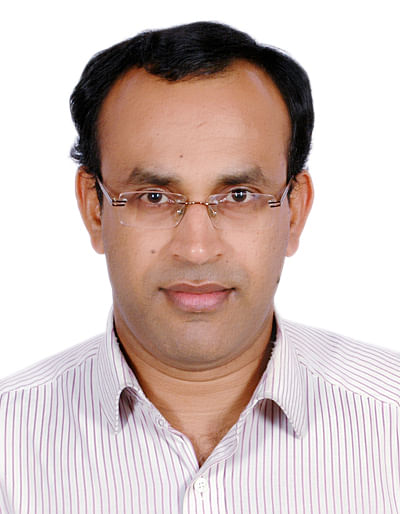NREGS overhaul hits roadblock
Since assuming charge of the ministry, Joshi has been widening the ambit of the NREGS by including several changes.
The recently introduced provision to allow work in private lands of small and marginal farmers, for instance, was originally limited to lands belonging to the Scheduled Castes and Scheduled Tribes.
The minister also announced the construction of Rajiv Gandhi Seva Kendras in all the 2.75 lakh Gram Panchayats under the scheme.
He also proposed plans to take up social projects such as building toilets for Below Poverty Line (BPL)families and cooking for the midday meal programme.
The scheme currently allows work related to drought proofing and water harvesting. It also gives provision for laying roads in the rural areas.
NGOs unhappy
However, the programme’s tinkering has not gone down well with non-governmental organisations (NGOs) and social activists who had closely associated themselves with the United Progressive Alliance (UPA) government in designing it.
Social activist Aruna Roy and visiting professor of the Allahabad University Jean Dreze, members of the Sonia Gandhi-led National Advisory Council (NAC) in UPA-I, have criticised the minister for his non-participatory approach in deciding major changes to the programme. Dreze told Deccan Herald that the minister was announcing changes to the scheme without due consultations with the Central Employment Guarantee Council (CEGC).
Periodic review
Constituted by the government, the boday has social activists and representatives of NGOs and has been mandated to take periodic review of the progress the scheme has made.
“Constructing 2.5 lakh kendras with the NREGS funds is unacceptable. If the minister envisages better infrastructure for the Panchayats, it has to be implemented through the Panchayat Raj Ministry,” Dreze said.
The minister has refuted the allegations. “The Central Employment Guarantee Council is just an advisory body. The authority to make decision lies with the government,” he said.
Social activists have laid out a long list of objections to the way the scheme has been enhanced. This includes bypassing public consultation, dilution of people’s participation in planning, intention to allow machines for works under the non-governmental organisations and alleged flouting of the scheme's transparency and accountability provisions.
The minister countered the objections by saying that the government would continue to encourage people participation and would uphold transparency and accountability.
“Construction of Rajiv Gandhi Seva Kendras—the mini secretariats at the Gram Panchayat level—is to encourage people participation in the scheme,” he said.
